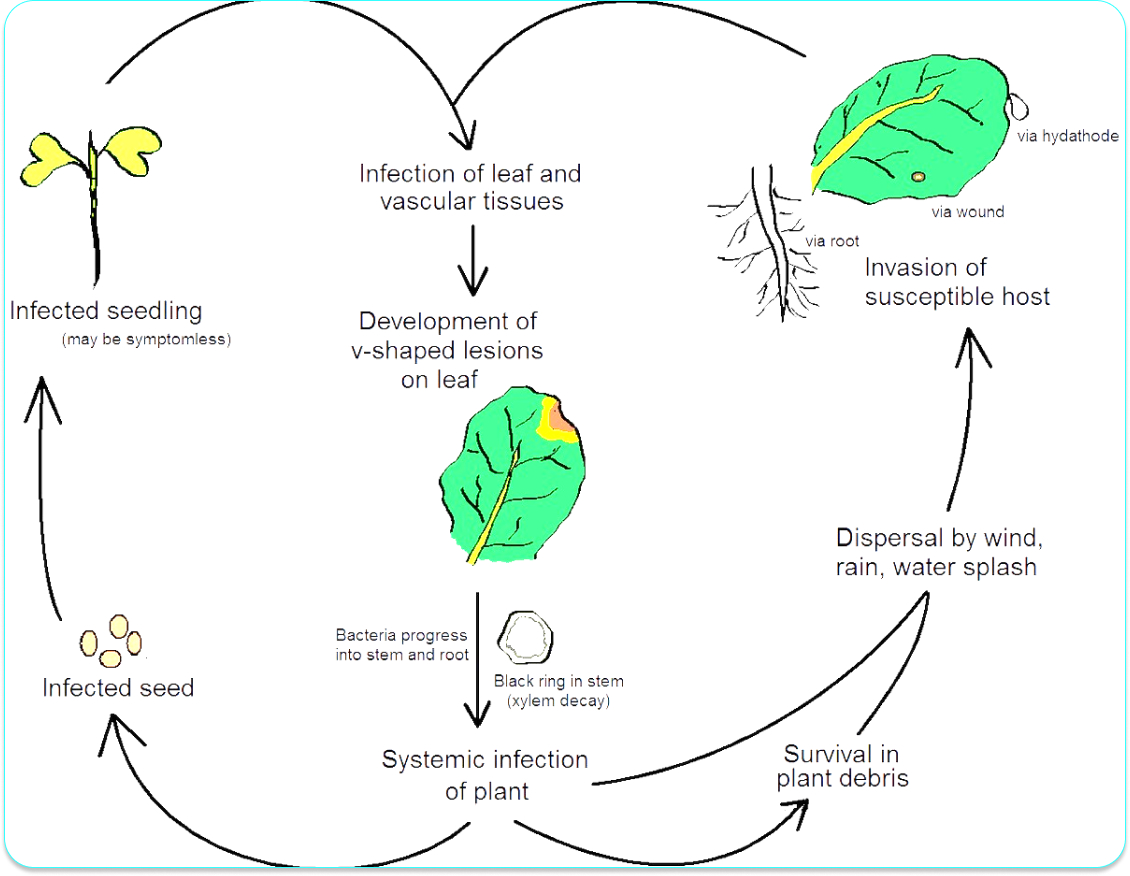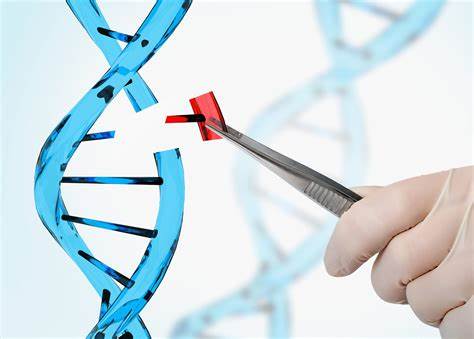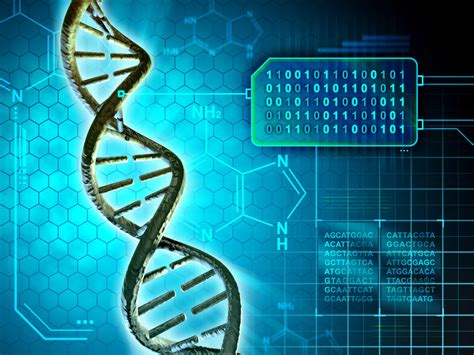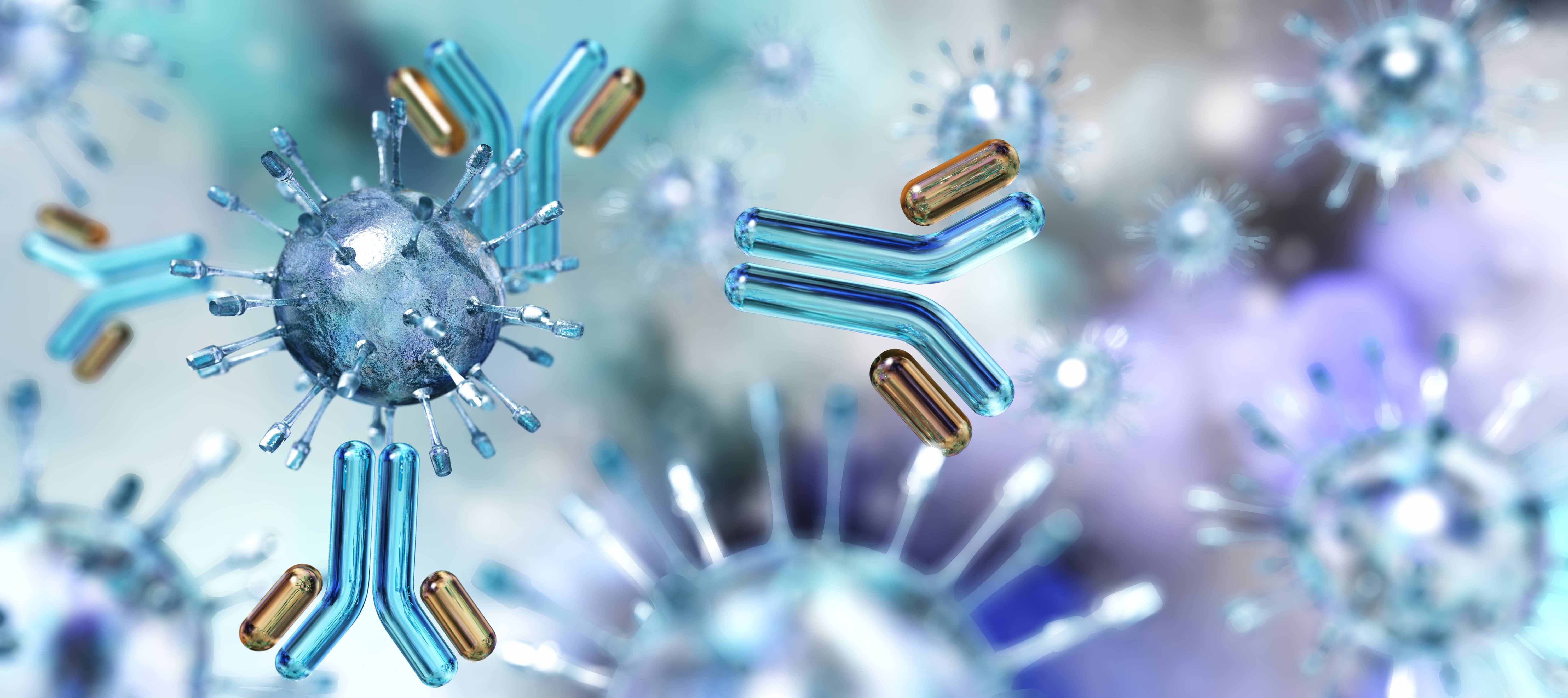Course Details:
When it comes to tackling global issues like disease, poverty, biodiversity loss, and climate change, biology is an interesting and fast evolving field.
In recent years, the study of living things has grown significantly. A lot of research is being done in fields like cell biology, developmental biology, evolutionary biology, and ecology, all of which are addressed in this course. Diverse biological fields have been integrated in tandem with this expansion. Many of the methods and tools required by molecular geneticists can be used by a biologist with an interest in tropical plants.
In this course, students will explore the fundamental principles of biology and gain an understanding of the scientific method as it applies to biological research. The course will cover a wide range of topics, including cell biology, genetics, evolution, ecology, and human biology.
Students will learn about the structure and function of cells, DNA and genetics, and the mechanisms of evolution. They will also explore ecological concepts such as ecosystems and population dynamics, and examine human biology including anatomy and physiology, homeostasis, and diseases and disorders.
Throughout the course, students will develop their laboratory skills and scientific inquiry abilities through hands-on experiments, data analysis, and scientific communication. They will also learn about the ethical considerations related to the use of biotechnology and genetic engineering.
By the end of this course, students will have a strong foundation in biology and a deeper appreciation for the complexity and diversity of life on Earth. They will be equipped with the knowledge and skills necessary to pursue further studies in biology and related fields, or to apply their understanding of biology to real-world issues and challenges.
Course Structure:
A Bachelor of Science (B.Sc.) in Biology can be earned after three or four years of study at Anchor University.
The majority of staff members who are tutors in their field provide tutorials, classes, and lectures. Many of them are top-tier experts with extensive training in both teaching and research. Educated PhD students and early-career researchers with practical research experience may also conduct some teaching.
-
First Year Courses
- Core Courses (100%):
- General Biology I
- General Biology II
The courses listed on this page are illustrative and may change.
Assessment
- Continuous Assessment.
- Laboratory Practicals.
- Examination.
-
Second Year Courses
- Core Courses (100%):
- Introduction to Genetics
- Biological Techniques
- Statistics for Biology
- General Physiology I
- General Physiology II
- Cell Biology
- Introductory Ecology
The courses listed on this page are illustrative and may change.
Assessment
- Continuous Assessment.
- Laboratory Practicals.
- Examination.
-
Third Year Courses
- Core Courses (90%):
- General Cytology
- General Ecology I
- Molecular Biology
- Aquatic Pollution
- Evolution
- Plant pathology
- SIWES(Student Industral Training)*
The courses listed on this page are illustrative and may change.
Assessment
- Continuous Assessment.
- Laboratory Practicals.
- Examination.
-
Fourth Year Courses
- Core Courses (90%):
- Population Geneticsli>
- Cytogenetics of Plants
- Genetics II
- Development Biology
- Soil Ecology
- Parasitology
- Research Project*
The courses listed on this page are illustrative and may change.
Assessment
- Continuous Assessment.
- Laboratory Practicals.
- Examination.












